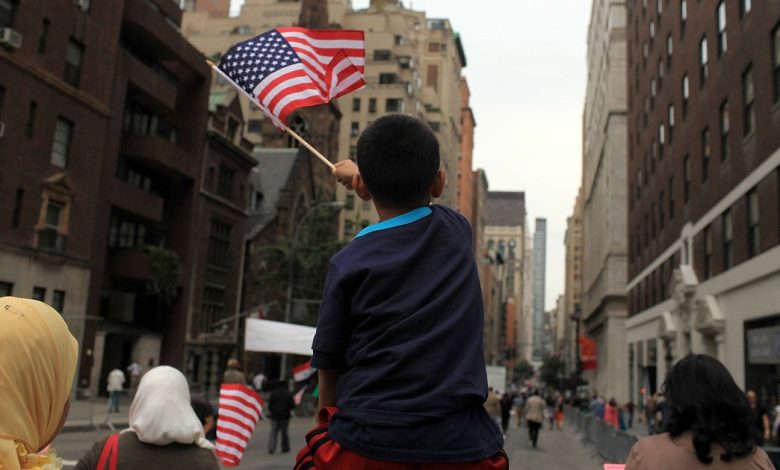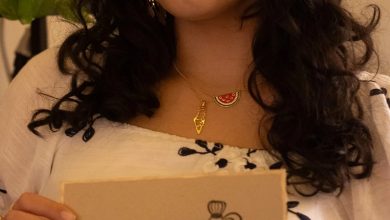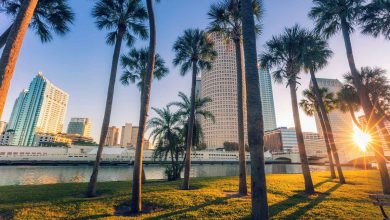Do Arab and Muslim Communities in the U.S. Celebrate American Holidays? A Cultural Perspective
Exploring How Arab and Muslim Americans Engage with U.S. Festivals, National Holidays, and Cultural Events.

Arab and Muslim Americans represent one of the most diverse and dynamic minority groups in the United States. As they build lives and raise families in America, a frequent question arises: To what extent do they engage in traditional American celebrations such as Independence Day, Thanksgiving, or Halloween? The answer reveals a story of cultural adaptation, intergenerational change, and the balance between integration and identity.
1. Balancing Identity and Belonging
Arab and Muslim Americans often approach American festivals with a mindset that respects both their heritage and their status as U.S. residents or citizens. While religious and cultural values may influence which events they attend or how they celebrate, many see participation in public holidays not as a compromise of faith but as a celebration of shared civic life.
For instance, Independence Day (July 4th) is widely celebrated by Arab and Muslim families across the country. It provides a non-religious, patriotic opportunity to engage with neighbors, watch fireworks, enjoy barbecues, and express appreciation for freedom—particularly meaningful for those who emigrated from regions of instability.

2. Selective Participation in Festivities
Not all American holidays are equally embraced. Thanksgiving, for example, is widely accepted among Arab and Muslim Americans. Its themes of gratitude, family, and food are universal and deeply resonate with Islamic and Arab values. Many families prepare traditional Arab dishes alongside turkey and pumpkin pie, creating a hybrid celebration that bridges both cultures.
Conversely, Halloween can be more controversial. Some Muslim parents avoid it due to concerns about its pagan roots, focus on superstition, or inappropriate costumes. However, younger generations and more assimilated families often treat Halloween as a secular, fun community event, allowing children to dress up and trick-or-treat, especially in multicultural neighborhoods.
3. Cultural Adaptation Among Youth
Second-generation Arab and Muslim Americans tend to participate more actively in American celebrations. Raised in U.S. schools, exposed to mainstream media, and socially connected through multicultural friendships, many see these holidays as normal parts of American life.
This adaptation often prompts open family discussions about cultural boundaries. Some youth embrace dual identities—fasting during Ramadan and celebrating Thanksgiving, or attending Eid prayers while enjoying Fourth of July parades. These combinations reflect a growing hybrid identity that defines the modern Arab and Muslim American experience.
4. Community Festivals and Cultural Exchange
In response to both interest in integration and a desire to showcase cultural heritage, many Arab and Muslim communities organize their own festivals and invite the broader public. Events like Arab American Heritage Month (April), halal food festivals, and Eid carnivals attract thousands and promote positive cultural exchange.
Such events not only preserve traditions but also allow Arab and Muslim Americans to contribute to the multicultural fabric of U.S. society—offering music, food, art, and values to a wider audience. These occasions are increasingly recognized by city officials and embraced by diverse participants.

5. Faith and Flexibility
While religious holidays like Eid al-Fitr and Eid al-Adha remain the most important for Muslims, many Arab Christians also observe Christmas and Easter with their own cultural variations. Within families, the decision to observe or skip American holidays is often made with thoughtful consideration of religious beliefs, community standards, and the context of each celebration.
Many Muslim scholars in the U.S. provide guidance on how to navigate these events without compromising religious principles. The consensus in many communities is that cultural engagement—when respectful and modest—is both acceptable and beneficial in building mutual understanding.
Arab and Muslim Americans do care about American holidays—albeit with varying degrees of enthusiasm and participation depending on personal beliefs, generational differences, and community norms. Their approach is marked by thoughtfulness, adaptability, and an increasing sense of belonging within a diverse society.
Rather than isolating themselves, many Arab and Muslim families in the U.S. choose to engage, educate, and enrich the American holiday experience—adding their own flavor to the celebration of what it means to be American.



